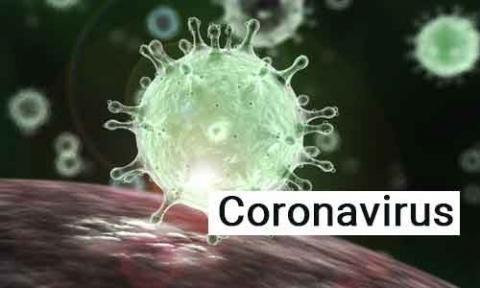
WAHO Statement 2 on the Outbreak of novel Coronavirus in China
1 February 2020 – The West African Health Organization (WAHO) wishes to update the general public on the current situation of the outbreak of novel Coronavirus (2019-nCoV) which started in China in December 2019. The infection is spreading rapidly and widely, prompting the World Health Organization (WHO) to declare the outbreak a Public Health Emergency of International Concern on Thursday, 30 January 2020, and to update the risk at global and regional level from moderate to HIGH, including for West Africa.
To date, 11,953 cases have been confirmed around the world with 11,821 cases in China and 132 cases across 23 other countries, but the only deaths (259) have been in China. Although 11,953 cases have been confirmed globally, there have been many more suspected cases including one in Ivory Coast that turned out to be negative for the infection. The incubation period for coronavirus infection, during which one could be infected but not exhibit symptoms, is up to 14 days, therefore countries must continue to collaborate with each other to screen international passengers, isolate, test and monitor any suspected person, and trace their contacts.
What is the situation in the ECOWAS region?
There has been no confirmed case in the ECOWAS region. There was one suspected case of a passenger who arrived recently at Abidjan airport, but following isolation, monitoring and exhaustive testing, it was confirmed not to be a case of coronavirus. WAHO continues to coordinate with Member States to share real-time information on the outbreak, enhance communication between countries, and ensure countries’ airport surveillance capacities are strengthened, particularly at the region’s international airports with direct flights from China. In collaboration with Africa Centre for Disease Control (CDC), the number of our regional reference laboratories dedicated to diagnosis of coronavirus is being increased from two to five to widen access to rapid biological diagnostic facilities by Member States.
How should individuals protect themselves?
WAHO strongly advises individuals to take the following measures to protect themselves and loved ones:
- Wash your hands frequently and thoroughly with soap and water or clean with alcohol-based sanitizers;
- Cover nose and mouth when coughing or sneezing with disposable tissue or cloth, and wash hands;
- Avoid close contact with anyone with cold or flu-like symptoms;
- If you have fever, cough or difficulty breathing, seek medical care urgently, avoid close contact with others, and inform your healthcare provider of all your recent travel history
- Observe infection prevention measures during hospital visits – hand sanitizers, masks, aprons
- Avoid unprotected contact with wild or farm animals – wear gloves and aprons
- Avoid eating raw meat or animal organs; and avoid cross-contamination with uncooked foods.
WAHO will continue to provide regular updates on this rapidly changing situation. - END -
